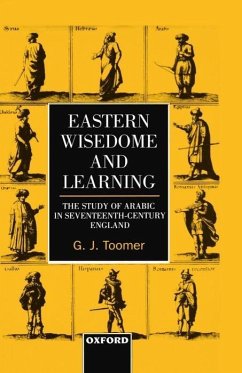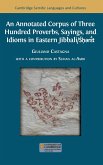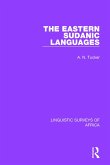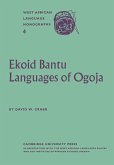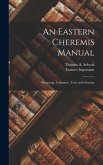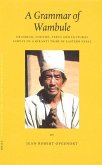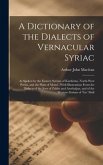This book narrates the extraordinary growth in the study of Arabic in England from the late sixteenth century, when it was almost non-existent, to the end of the seventeenth. By its high point around 1666, England was pre-eminent among European countries in the study of Arabic. Permanent Chairs of Arabic had been established at Oxford and Cambridge, and specialized presses in Oxford and London had produced Arabic works. The Professor at Oxford, Edward Pococke, was recognized as the foremost scholar in the field in Europe, and a great collection of Arabic manuscripts, begun by Archbishop Laud, was being built up at Oxford. In this masterly and original study, Professor Toomer gives the first detailed account of this process, set against the religious and political background in England and Europe. He shows how trade with the Ottoman Empire and mistrust of Islam influenced the study of Arabic. Finally, he traces the course and causes of the drastic decline in Arabic studies towards the end of the century.
Hinweis: Dieser Artikel kann nur an eine deutsche Lieferadresse ausgeliefert werden.
Hinweis: Dieser Artikel kann nur an eine deutsche Lieferadresse ausgeliefert werden.

